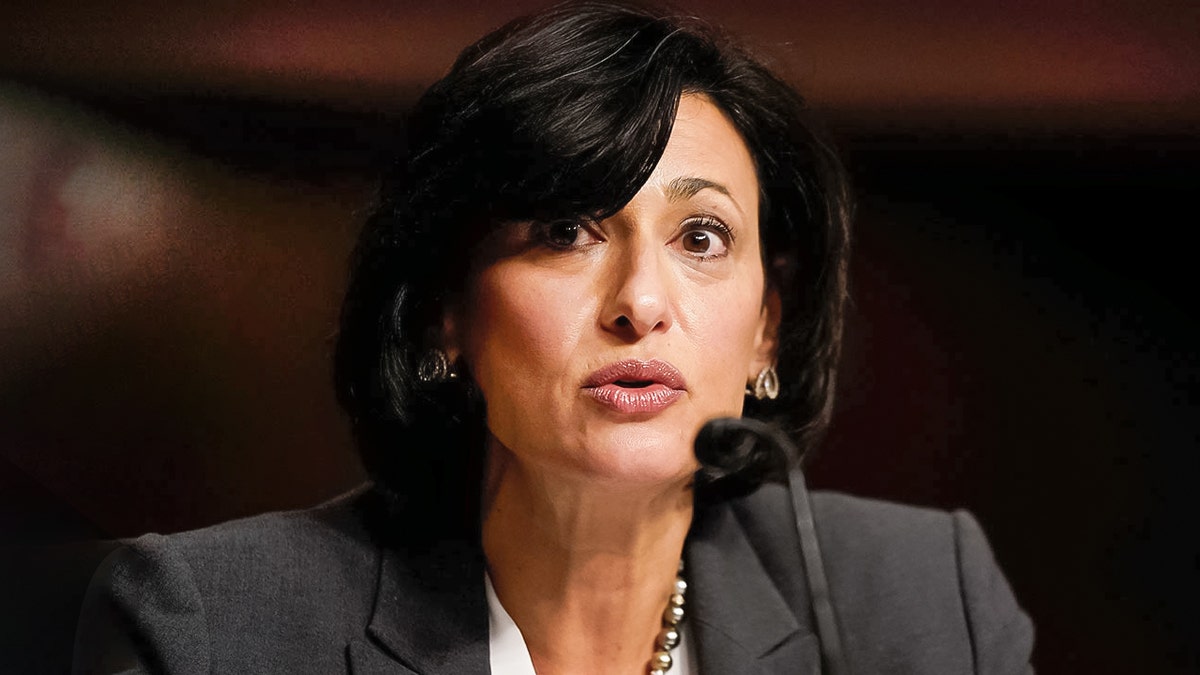Fox News Flash top headlines for January 23
Fox News Flash top headlines are here. Check out what's clicking on Foxnews.com.
At least one in five Americans have now been infected with COVID-19 since the pandemic began, but the number is likely higher, including secondary to unreported asymptomatic cases, according to The Hill.
The United States had its first confirmed case of COVID-19 reported 731 days ago on Jan. 21, 2020, but now has had over 70 million confirmed COVID-19 cases with over 866,000 deaths as of this Friday, according to The Johns Hopkins Coronavirus Resource Center, which is a continuously updated source of COVID-19 data.
The center reported approximately 210 million Americans are fully vaccinated for COVID-19, which is 64% of the United States population, but the percentage varies significantly depending on locality, from as low as 49 % in both Alabama and Wyoming to 87% in Washington, D.C.
The country reported 286,034 new confirmed cases and 813 deaths yesterday.

Surgeon General Vivek Murthy delivers remarks during a news conference with White House Press Secretary Jen Psaki at the White House in Washington July 15, 2021. (REUTERS/Tom Brenner)
There have been approximately 350 million worldwide cases of COVID-19 with more than 5.5 million global deaths, per the tracking website.
"As of January 19, 2022, the current 7-day moving average of daily new (U.S.) cases (744,616) decreased 5.0% compared with the previous 7-day moving average (783,922)," the Centers of Disease Control and Prevention (CDC) said on their website.
CDC predicts through Nowcast projections that 99.5% of U.S. cases of COVID-19 are secondary to omicron and 0.5% are secondary to delta variant.
The omicron variant has proven to more transmissible compared to previous strains, even among vaccinated populations, causing surges across the country with a majority of hospitalized patients being unvaccinated, overwhelming some hospitals, according to The Hill.

Centers for Disease Control and Prevention (CDC) Director Rochelle Walensky gives her opening statement during the Senate Health, Education, Labor and Pensions hearing on "Next Steps: The Road Ahead for the COVID-19 Response" on Capitol Hill in Washington, Nov. 4, 2021. (REUTERS/Elizabeth Frantz)
FAUCI OUTLINES PANDEMIC LONG-TERM RETURN TO NORMAL: 'BEST-CASE SCENARIO' WE LEARN TO LIVE WITH IT
"We shouldn’t expect a national peak in the next coming days — the next few weeks will be tough," U.S. Surgeon General Vivek H. Murthy recently told CNN.
In certain parts of the country, like the District of Columbia and Maryland, cases are plateauing as a winter surge begins to slow in other Northeast regions like New York and Boston, according to the Washington Post.

Dr. Anthony Fauci speaks during a virtual CNN town hall Dec. 2, 2021. (Screenshot/CNN)
CLICK HERE TO GET THE FOX NEWS APP
Murthy, however, cautioned, "the challenge is that the entire country is not moving at the same pace. The omicron wave started later in other parts of the country."
Click here for the latest COVID-19 data in your region of the country










































